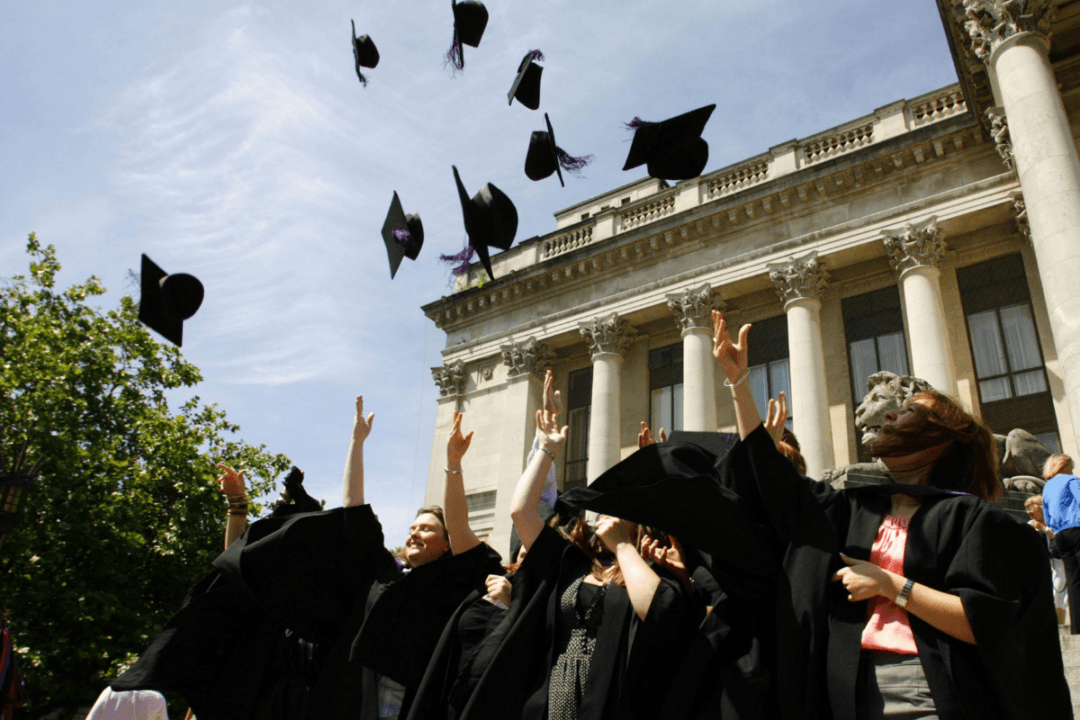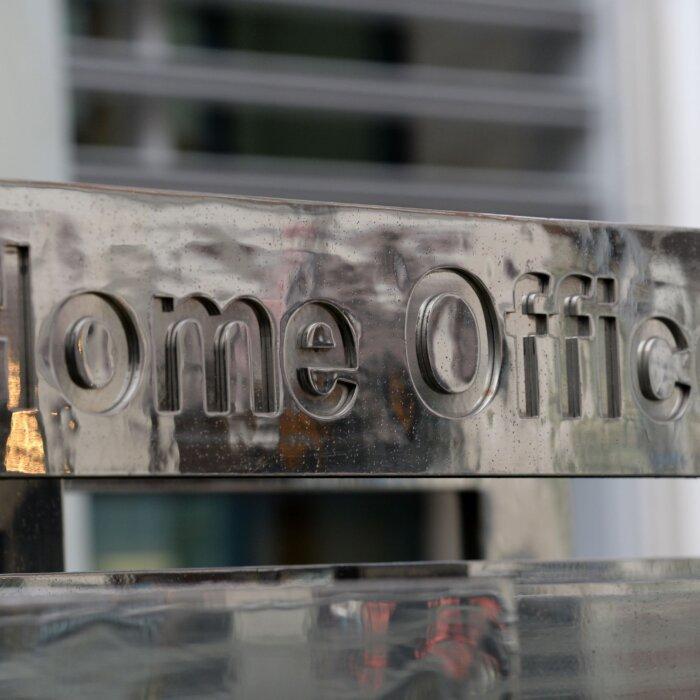A wide-ranging report by university leaders has called for 70 percent of young people to gain tertiary level qualifications, including apprenticeships as well as degrees, amid a crisis in funding for the higher education sector.
The blueprint, which includes a section by former Prime Minister Sir Tony Blair’s one-time chief spin doctor Lord Peter Mandelson, also calls for a rise in tuition fees and a loosening of some of the restrictions recently applied to international students.
The new target of 70 percent comes 28 years after Blair famously set out his mantra of “education, education, education” at the Labour Party Conference in 1996 and called for half of all young people to go on to higher education—an ambition now achieved—at the cost of tuition fees for all.
Rise in Fees Mooted
The document, written by various prominent figures in education and politics, offers substantial reforms in return for more government funding, including a rise in the present annual tuition fee of £9,250, and an increase in teaching grants.The blueprint proposes more lower-level courses rather than full degrees, and says that universities want to increase the number of students from poorer backgrounds from 30 to 50 percent by 2035.
International Students
The report also calls for a review of the ban on international students bringing their family members into the UK with them, which was introduced by the previous Conservative government at the start of this year.The ban, brought in amid concern over soaring levels of immigration as well as widespread abuse of the system, with some people falsely claiming to be students to obtain visas, has led to a sharp decline in students from Nigeria and India.
Universities have become heavily reliant on international students for their funding over the past few decades, with variable fees across different institutions of up to £38,000 for some post-graduate courses.
As well as input from Mandelson, the extensive report has chapters written by former universities minister Lord David Willetts, president of the British Academy Professor Julia Black, and vice-chancellor of King’s College London, Professor Shitij Kapur.
The blueprint proposes that universities should systematically make lower admission offers to students from poorer backgrounds, rather than the current system where they are allowed to do so on a case-by-case basis.
The report also suggests that institutions offer graduates five years of ongoing career advice and support after they leave.
President of UUK and Vice-Chancellor of St. Andrews University Professor Dame Sally Mapstone said in the foreward to the report: “Universities are essential to economic growth. For every one pound spent on them, the government makes 14 pounds in return.
“But we face a choice. We can take the path which leads to better and stronger universities, delivering on the new government’s missions, and doing more to open up opportunities to a broader range of people, or we can let them slide into decline.
“We must choose the former path. This is not just government’s responsibility. It is a shared responsibility with universities themselves, and one which we are taking head on with this blueprint.”
Blair’s Legacy
From the 1960s to the late 1990s, higher education in the UK was effectively free, as the state paid tuition fees and offered maintenance grants, although far fewer young people went to university than today.The expansion of higher education, with former polytechnics granted university status following an act of 1992, led to concerns about the number of students, with Blair eventually taking radical action and scrapping grants altogether as well as bringing in fees.
Tuition fees for students ordinarily resident in the UK were first introduced by the Labour government led by Blair in 1998, to huge controversy. Although at first, poorer students were exempt from paying the £1,000 per year cost, this soon changed and both the fees—and accompanying loans—rose sharply, as predicted by many who opposed them.
Fees increased in 2004 to £3,000 per year, and then trebled to £9,000 per year in 2012 under the coalition government led by David Cameron and Liberal Democrat leader Nick Clegg, who infamously reneged on his promise not to support an increase.







